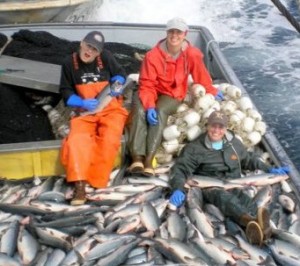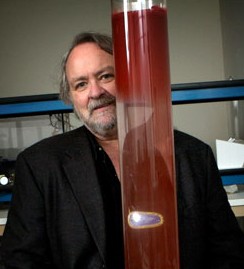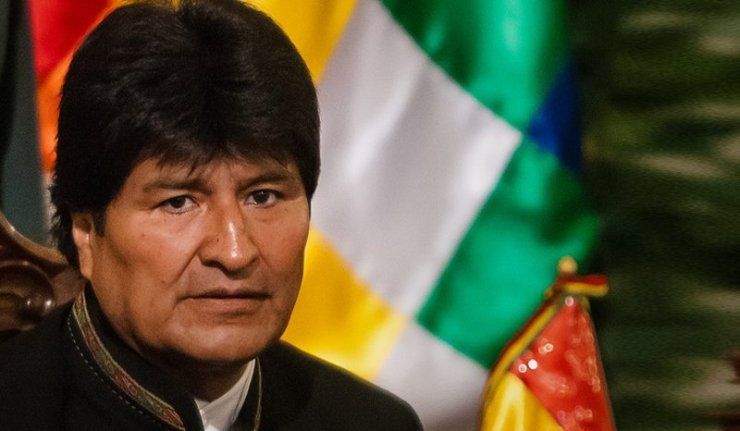During the 50 years since the first meeting of the group that would become today’s 77 plus China (which now comprises 133 countries plus China), the participating nations have moved past a trade group that advances collective interests toward “a new world economic order, a responsible approach to climate change, and economic relations based on preferential treatment,” within which “the peoples’ self-determination and sovereignty over their natural resources must be highlighted, Bolivian President Evo Morales said in a speech addressing the 77 Plus China meeting.” Morales said that people must create a new economic world because it was not only possible, but indispensable.
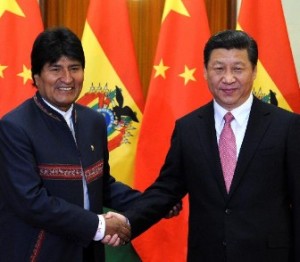
In the speech, Morales pointed out that not only is the vastly unequal distribution of humanity’s assets unfair, but it is also “generating a structural crisis that is becoming unsustainable over time.”
“We are also faced with an energy crisis that is driven by excessive consumption in developed countries, pollution from energy sources and the energy hoarding practices of the transnational corporations,” Morales said. “The climate crisis is caused by the anarchy of capitalist production… .”
Morales noted the massive inflation of greenhouse gasses to 400 ppm and the scarcity of water. “The water shortage in many parts of the planet is leading to armed conflicts and wars that further aggravate the lack of availability of this non-renewable resource.”
Morales also spoke of the impending food crisis expected to be caused by the increase in population and decrease in food-producing lands.
“As a result of all these developments” said Morales, “peoples’ social rights are endangered. The promise of equality and justice for the whole world becomes more and more remote and nature itself is threatened with extinction. We have reached a limit, and global action is urgently needed to save society, humanity and Mother Earth.”
Morales detailed efforts Bolivia has made to turn the tide from environmental catastrophe, and the Vivir Bien philosophy and policy.
“It means placing Nature at the core of life and regarding the human being as just another creature of Nature,” Morales stated. “Comprehensive development is only viable if applied worldwide, if the states, in conjunction with their respective peoples, exercise control over all of their energy resources.”
Morales advised sovereignty exercised over natural resources and strategic areas, well-being for everyone and the provision of basic services as a human right, emancipation from the existing international financial system and construction of a new financial architecture, the building of a major economic, scientific, technological and cultural partnership among the members of the group of 77 plus China, eradication of hunger among the world’s peoples, the strengthening of the sovereignty of states free from foreign interference, intervention and/or espionage, the democratic renewal of our states, and for the Southern Hemisphere to increase its presence and status in the world.
“Only we can save the source of life and society,” said Morales. “Mother Earth, our planet is under a death threat from predatory and insane capitalism. Another world is not only possible, it is indispensable, because, otherwise, no world will be possible.”
Full text of speech, translated by Richard Fidler
For a Global Brotherhood Among the Peoples
Evo Morales Ayma
Fifty years ago, great leaders raised the flags of the anticolonial struggle and decided to join with their peoples in a march along the path of sovereignty and independence.
The world superpowers and transnationals were competing for control of territories and natural resources in order to continue expanding at the cost of impoverishing the peoples of the South.
In that context, on June 15, 1964, at the conclusion of an UNCTAD [United Nations Conference on Trade and Development] meeting, 77 countries from the South (we are now 133 plus China) met to enhance their trade bargaining capacities, by acting in a bloc to advance their collective interests while respecting their individual sovereign decisions.
During the past 50 years, these countries went beyond their statements and promoted resolutions at the United Nations and joint action in favor of development underpinned by South-South cooperation, a new world economic order, a responsible approach to climate change, and economic relations based on preferential treatment.
In this journey the struggle for decolonization as well as for the peoples’ self-determination and sovereignty over their natural resources must be highlighted.
Notwithstanding these efforts and struggles for equality and justice for the world’s peoples, the hierarchies and inequalities in the world have increased.
Today, 10 countries in the world control 40% of the world’s total wealth and 15 transnational corporations control 50% of global output.
Today, as 100 years ago, acting in the name of the free market and democracy, a handful of imperial powers invades countries, blocks trade, imposes prices on the rest of the world, chokes national economies, plots against progressive governments and resorts to espionage against the inhabitants of this planet.
A tiny elite of countries and transnational corporations controls, in an authoritarian fashion, the destinies of the world, its economies and its natural resources.
The economic and social inequality between regions, between countries, between social classes and between individuals has grown outrageously.
About 0.1% of the world’s population owns 20% of humanity’s assets. In 1920, a business manager in the United States made 20 times the wage of a worker, but today he is paid 331 times that wage.
This unfair concentration of wealth and predatory destruction of nature are also generating a structural crisis that is becoming unsustainable over time.
It is indeed a structural crisis. It impacts every component of capitalist development. In other words, it is a mutually reinforcing crisis affecting international finance, energy, climate, water, food, institutions and values. It is a crisis inherent to capitalist civilization.
The financial crisis was prompted by the greedy pursuit of profits from financial capital that led to profound international financial speculation, a practice that favored certain groups, transnational corporations or power centers that amassed great wealth.
The financial bubbles that generate speculative gains eventually burst, and in the process they plunged into poverty the workers who had received cheap credit, the middle-class savings-account holders who had trusted their deposits to greedy speculators. The latter overnight went bankrupt or took their capital to other countries, thus leading entire nations into bankruptcy.
We are also faced with an energy crisis that is driven by excessive consumption in developed countries, pollution from energy sources and the energy hoarding practices of the transnational corporations.
Parallel with this, we witness a global reduction in reserves and high costs of oil and gas development, while productive capacity drops due to the gradual depletion of fossil fuels and global climate change.
The climate crisis is caused by the anarchy of capitalist production, with consumption levels and unharnessed industrialization that have resulted in excessive emissions of polluting gases that in turn have led to global warming and natural disasters affecting the entire world.
For more than 15,000 years prior to the era of capitalist industrialization, greenhouse gases did not amount to more than 250 parts per million molecules in the atmosphere.
Since the 19th century, and in particular in the 20th and 21st centuries, thanks to the actions of predatory capitalism, this count has risen to 400 ppm, and global warming has become an irreversible process along with weather disasters the primary impacts of which are felt in the poorest and most vulnerable countries of the South, and in particular the island nations, as a result of the thawing of the glaciers.
In turn, global warming is generating a water supply crisis that is compounded by privatization, depletion of sources and commercialization of fresh water. As a consequence, the number of people without access to potable water is growing apace.
The water shortage in many parts of the planet is leading to armed conflicts and wars that further aggravate the lack of availability of this non-renewable resource.
The world population is growing while food production is dropping, and these trends are leading to a food crisis.
Add to these issues the reduction of food-producing lands, the imbalances between urban and rural areas, the monopoly exercised by transnational corporations over the marketing of seeds and agricultural inputs, and the speculation in food prices.
The imperial model of concentration and speculation has also caused an institutional crisis that is characterized by an unequal and unjust distribution of power in the world in particular within the UN system, the International Monetary Fund and the World Trade Organization.
As a result of all these developments, peoples’ social rights are endangered. The promise of equality and justice for the whole world becomes more and more remote and nature itself is threatened with extinction.
We have reached a limit, and global action is urgently needed to save society, humanity and Mother Earth.
Bolivia has started to take steps to address these issues. Up to 2005, Bolivia applied a neoliberal policy that resulted in concentration of wealth, social inequality and poverty, increasing marginalization, discrimination and social exclusion.
In Bolivia, the historic struggles waged by social movements, in particular the indigenous peasant movement, have allowed us to initiate a Democratic and Cultural Revolution, through the ballot box and without the use of violence. This revolution is rooting out exclusion, exploitation, hunger and hatred, and it is rebuilding the path of balance, complementarity, and consensus with its own identity, Vivir Bien.
Beginning in 2006, the Bolivian government introduced a new economic and social policy, enshrined in a new community-based socio-economic and productive model, the pillars of which are nationalization of natural resources, recovery of the economic surplus for the benefit of all Bolivians, redistribution of the wealth, and active participation of the State in the economy.
In 2006, the Bolivian government and people made their most significant political, economic and social decision: nationalization of the country’s hydrocarbons, the central axis of our revolution. The state thereby participates in and controls the ownership of our hydrocarbons and processes our natural gas.
Contrary to the neoliberal prescription that economic growth ought to be based on external market demand (“export or die”), our new model has relied on a combination of exports with a domestic market growth that is primarily driven by income-redistribution policies, successive increases in the national minimum wage, annual salary increases in excess of the inflation rate, cross subsidies and conditional cash transfers to the neediest.
As a consequence, the Bolivian GDP has increased from $9.0 billion to over $30.0 billion over the past eight years.
Our nationalized hydrocarbons, economic growth and cost austerity policy have helped the country generate budget surpluses for eight years in a row, in sharp contrast with the recurrent budget deficits experienced by Bolivia for more than 66 years.
When we took over the country’s administration, the ratio between the wealthiest and poorest Bolivians was 128 fold. This ratio has been cut down to 46 fold. Bolivia now is one of the top six countries in our region with the best income distribution.
It has been shown that the peoples have options and that we can overcome the fate imposed by colonialism and neoliberalism.
These achievements produced in such a short span are attributable to the social and political awareness of the Bolivian people.
We have recovered our nation for all of us. Ours was a nation that had been alienated by the neoliberal model, a nation that lived under the old and evil system of political parties, a nation that was ruled from abroad, as if we were a colony.
We are no longer an unviable country as we were described by the international financial institutions. We are no longer an ungovernable country as the US empire would have us believe.
Today, the Bolivian people have recovered their dignity and pride, and we believe in our strength, our destiny and ourselves.
I want to tell the entire world in the most humble terms that the only wise architects who can change their future are the peoples themselves.
Therefore, we intend to build another world, and several tasks have been designed to establish the society of Vivir Bien.
First: We must move from sustainable development to comprehensive development [desarrollo integral] so that we can live well and in harmony and balance with Mother Earth.
We need to construct a vision that is different from the western capitalist development model. We must move from the sustainable development paradigm to the Bien Vivir comprehensive development approach that seeks not only a balance among human beings, but also a balance and harmony with our Mother Earth.
No development model can be sustainable if production destroys Mother Earth as a source of life and our own existence. No economy can be long-lasting if it generates inequalities and exclusions.
No progress is just and desirable if the well-being of some is at the expense of the exploitation and impoverishment of others.
Vivir Bien Comprehensive Development means providing well-being for everyone, without exclusions. It means respect for the diversity of economies of our societies. It means respect for local knowledge. It means respect for Mother Earth and its biodiversity as a source of nurture for future generations.
Vivir Bien Comprehensive Development also means production to satisfy actual needs, and not to expand profits infinitely.
It means distributing wealth and healing the wounds caused by inequality, rather than widening injustice.
It means combining modern science with the age-old technological wisdom held by the indigenous, native and peasant peoples who interact respectfully with nature.
It means listening to the people, rather than the financial markets.
It means placing Nature at the core of life and regarding the human being as just another creature of Nature.
The Vivir Bien Comprehensive Development model of respect for Mother Earth is not an ecologist economy for poor countries alone, while the rich nations expand inequality and destroy Nature.
Comprehensive development is only viable if applied worldwide, if the states, in conjunction with their respective peoples, exercise control over all of their energy resources.
We need technologies, investments, production and credits, as well as companies and markets, but we shall not subordinate them to the dictatorship of profits and luxury. Instead, we must place them at the service of the peoples to satisfy their needs and to expand our common goods and services.
Second: Sovereignty exercised over natural resources and strategic areas.
Countries that have raw materials should and can take sovereign control over production and processing of those materials.
Nationalization of strategic companies and areas can help the state take over the management of production, exercise sovereign control over its wealth, embark on a planning process that leads to the processing of raw materials, and distribute the profit among its people.
Exercising sovereignty over natural resources and strategic areas does not mean isolation from global markets; rather, it means connecting to those markets for the benefit of our countries, and not f the benefit of a few private owners. Sovereignty over natural resources and strategic areas does not mean preventing foreign capital and technologies from participating. It means subordinating these investments and technologies to the needs of each country.
Third: Well-being for everyone and the provision of basic services as a human right
The worst tyranny faced by humankind is allowing basic services to be under the control of transnational corporations. This practice subjugates humanity to the specific interests and commercial aims of a minority who become rich and powerful at the expense of the life and security of other persons.
This is why we claim that basic services are inherent to the human condition. How can a human being live without potable water, electrical energy or communications? If human rights are to make us all equal, this equality can only be realized through universal access to basic services. Our need for water, like our need for light and communications, makes us all equal.
The resolution of social inequities requires that both international law and the national legislation of each country define basic services (such as water, power supply, communications and basic health care) as a fundamental human right of every individual.
This means that states have a legal obligation to secure the universal provision of basic services, irrespective of costs or profits.
Fourth: Emancipation from the existing international financial system and construction of a new financial architecture
We propose that we free ourselves from the international financial yoke by building a new financial system that prioritizes the requirements of the productive operations in the countries of the South, within the context of comprehensive development.
We must incorporate and enhance banks of the South that support industrial development projects, reinforce regional and domestic markets, and promote trade among our countries, but on the basis of complementarity and solidarity.
We also need to promote sovereign regulation over the global financial transactions that threaten the stability of our national economies.
We must design an international mechanism for restructuring our debts, which serve to reinforce the dependence of the peoples of the South and strangle their development possibilities.
We must replace international financial institutions such as the IMF with other entities that provide for a better and broader participation of the countries of the South in their decision-making structures that are currently in the grip of imperial powers.
We also need to define limits to gains from speculation and to excessive accumulation of wealth.
Fifth: Build a major economic, scientific, technological and cultural partnership among the members of the group of 77 plus China
After centuries under colonial rule, transfers of wealth to imperial metropolises and impoverishment of our economies, the countries of the South have begun to regain decisive importance in the performance of the world economy.
Asia, Africa and Latin America are not only home to 77% of the world’s population, but they also account for nearly 43% of the world economy. And this importance is on the rise. The peoples of the South are the future of the world.
Immediate actions must be taken to reinforce and plan this inescapable global trend.
We need to expand trade among the countries of the South. We also need to gear our productive operations to the requirements of other economies in the South on the basis of complementarity of needs and capacities.
We need to implement technology transfer programs among the countries of the South. Not every country acting on its own can achieve the technological sovereignty and leadership that are critical for a new global economy based on justice.
Science must be an asset of humanity as a whole. Science must be placed at the service of everyone’s well-being, without exclusions or hegemonies. A decent future for all the peoples around the world will require integration for liberation, rather than cooperation for domination.
To discharge these worthy tasks to the benefit of the peoples of the world, we have invited Russia and other foreign countries that are our brothers in needs and commitments to join the Group of 77.
Our Group of 77 alliance does not have an institution of its own to give effect to the approaches, statements and action plans of our countries. For this reason, Bolivia proposes that an Institute For Decolonization and South-South Co-operation be established.
This institute will be charged with provision of technical assistance to the countries of the South, as well as further implementation of the proposals made by the Group of 77 plus China.
The institute will also supply technical and capacity-building assistance for development and self-determination, and it will help conduct research projects. We propose that this institute be headquartered in Bolivia.
Sixth: Eradicate hunger among the world’s peoples
It is imperative that hunger be eradicated and that the human right to food be fully exercised and enforced.
Food production must be prioritized with the involvement of small growers and indigenous peasant communities that hold age-old knowledge in regard to this activity.
To be successful in hunger eradication, the countries of the South must lay down the conditions for democratic and equitable access to land ownership, so that monopolies over this resource are not allowed to persist in the form of latifundia. However, fragmentation into small and unproductive plots must not be encouraged either.
Food sovereignty and security must be enhanced through access to healthy foods for the benefit of the people.
The monopoly held by transnational corporations over the supply of farm inputs must be eliminated as a way to foster food security and sovereignty.
Each country must make sure that the supply of the basic food staples consumed by its people is secured by enhancing productive, cultural and environmental practices, and by promoting people-to-people exchanges on the basis of solidarity. Governments have an obligation to ensure the supply of power, the availability of road connections and access to water and organic fertilizers.
Seventh: Strengthen the sovereignty of states free from foreign interference, intervention and/or espionage
Within the framework of the United Nations, a new institutional structure must be promoted in support of a New World Order for Vivir Bien.
The institutions that emerged after World War II, including the United Nations, are in need of a thorough reform today.
International agencies that promote peace, eliminate global hegemonism and advance equality among states are required.
For this reason, the UN Security Council must be abolished. Rather than fostering peace among nations, this body has promoted wars and invasions by imperial powers in their quest for the natural resources available in the invaded countries. Instead of a Security Council, today we have an insecurity council of imperial wars.
No country, no institution and no interest can justify the invasion of one country by another. The sovereignty of states and the internal resolution of the conflicts that exist in any country are the foundation of peace and of the United Nations.
I stand here to denounce the unjust economic blockade imposed on Cuba and the aggressive and illegal policies pursued by the US government against Venezuela, including a legislative initiative offered at the US Senate Foreign Relations Committee designed to apply sanctions to that country to the detriment of its sovereignty and political independence, a clear breach of the principles and purposes of the UN Charter.
These forms of persecution and internationally driven coups are the traits of modern colonialism, the colonial practices of our era.
These are our times, the times of the South. We must be able to overcome and heal the wounds caused by fratricidal wars stirred by foreign capitalist interests. We must strengthen our integration schemes in support of our peaceful coexistence, our development and our faith in shared values, such as justice.
Only by standing together will we be able to give decent lives to our peoples.
Eighth: Democratic renewal of our states
The era of empires, colonial hierarchies and financial oligarchies is coming to an end. Everywhere we look, we see peoples around the world calling for their right to play their leading role in history.
The 21st century must be the century of the peoples, the workers, the farmers, the indigenous communities, the youth and the women. In other words, it must be the century of the oppressed.
The realization of the peoples’ leading role requires that democracy be renewed and strengthened. We must supplement electoral democracy with participatory and community-based democracy.
We must move away from limited parliamentary and party-based governance and into the social governance of democracy.
This means that the decision-making process in any state must take into consideration its parliamentary deliberations, but also the deliberations by the social movements that incorporate the life-giving energy of our peoples.
The renovation of democracy in this century also requires that political action represents a full and permanent service to life. This service constitutes an ethical, humane and moral commitment to our peoples, to the humblest masses.
For this purpose, we must reinstate the codes of our ancestors: no robar, no mentir, no ser flujo y no ser adulón [do not steal, do not lie, do not be weak and do not flatter].
Democracy also means distribution of wealth and expansion of the common goods shared by society.
Democracy means subordination of rulers to the decisions of the ruled.
Democracy is not a personal benefit vested in the rulers, nor is it abuse of power. Democracy means serving the people with love and self-sacrifice. Democracy means dedication of time, knowledge, effort and even life itself in the pursuit of the well-being of the peoples and humanity.
Ninth: A new world rising from the south for the whole of humanity
The time has come for the nations of the South.
In the past, we were colonized and enslaved. Our stolen labour built empires in the North.
Today, with every step we take for our liberation, the empires grow decadent and begin to crumble.
However, our liberation is not only the emancipation of the peoples of the South. Our liberation is also for the whole of humanity. We are not fighting to dominate anyone. We are fighting to ensure that no one becomes dominated.
Only we can save the source of life and society: Mother Earth. Our planet is under a death threat from the greed of predatory and insane capitalism.
Today, another world is not only possible, it is indispensable.
Today, another world is indispensable because, otherwise, no world will be possible.
And that other world of equality, complementarity and organic coexistence with Mother Earth can only emerge from the thousands of languages, colours and cultures existing in brotherhood and sisterhood among the Peoples of the South.
(Santa Cruz, 14 June 2014)
By Sid Douglas
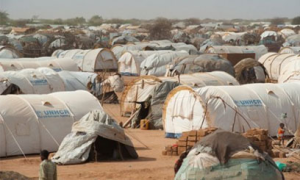 In the video released Wednesday by The Guardian, which had been recorded in September but had never been shown to the public, Morrison spoke of detention centers on the Papua New Guinean (PNG) islands of Manus and Nauru, where asylum seekers from Syria, Afghanistan, Iraq, Somalia and other nations were being held.
In the video released Wednesday by The Guardian, which had been recorded in September but had never been shown to the public, Morrison spoke of detention centers on the Papua New Guinean (PNG) islands of Manus and Nauru, where asylum seekers from Syria, Afghanistan, Iraq, Somalia and other nations were being held.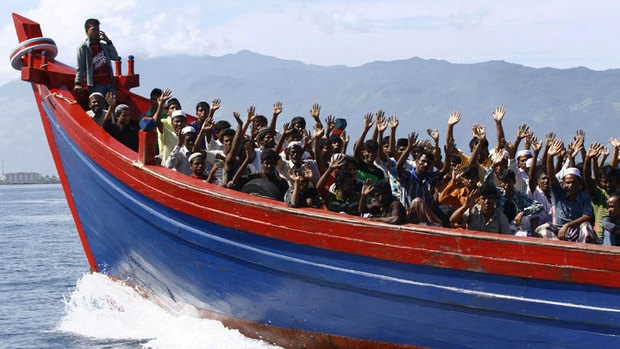




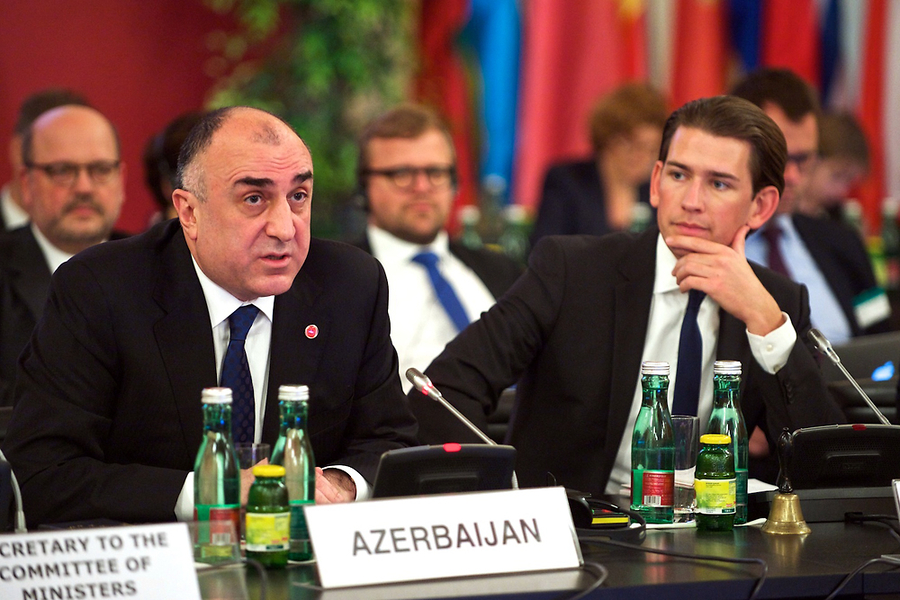
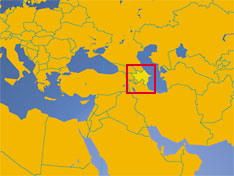
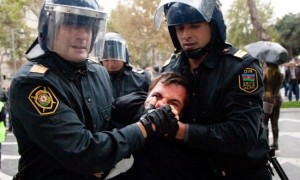
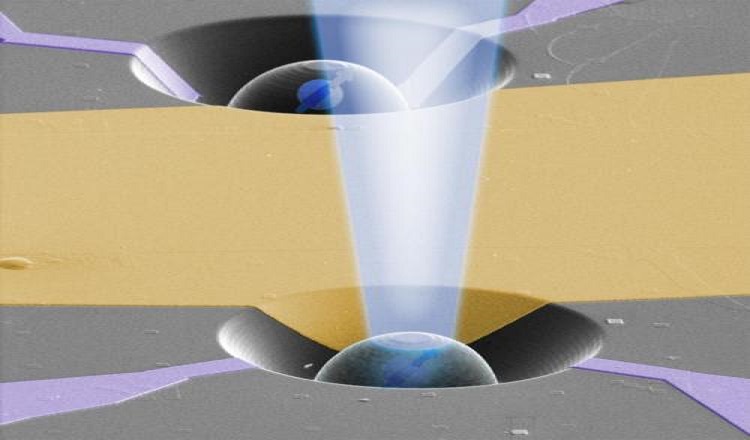



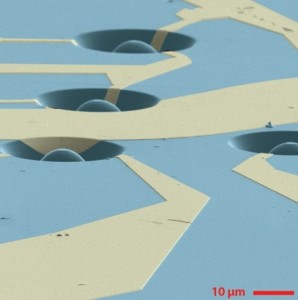
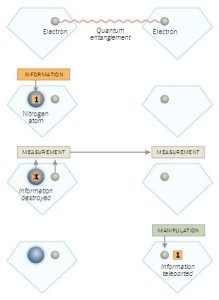
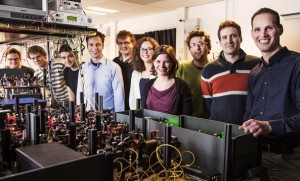





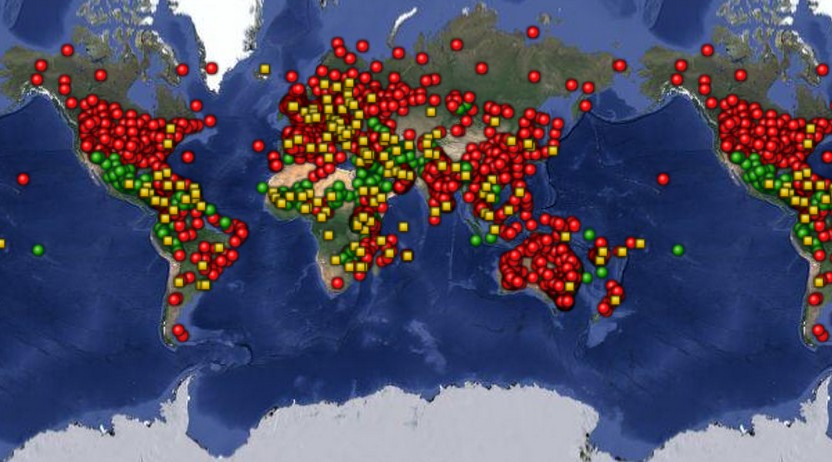
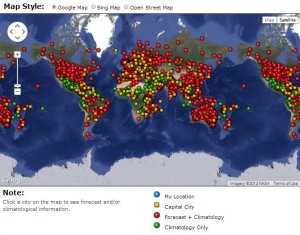 source of official forecasts from around the globe. It is an excellent example of international collaboration between meteorological services to better serve the public worldwide. National weather services operate standardized weather observing networks and follow the most rigorous forecasting procedures.b design will ensure that the weather information will be available in a more user-friendly manner.
source of official forecasts from around the globe. It is an excellent example of international collaboration between meteorological services to better serve the public worldwide. National weather services operate standardized weather observing networks and follow the most rigorous forecasting procedures.b design will ensure that the weather information will be available in a more user-friendly manner.

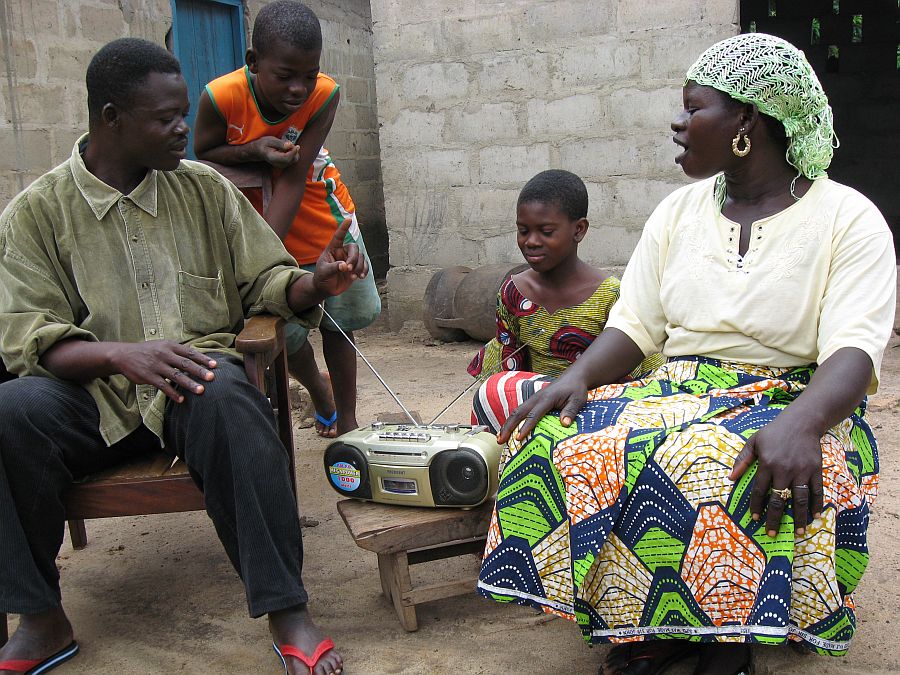

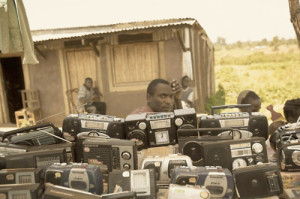
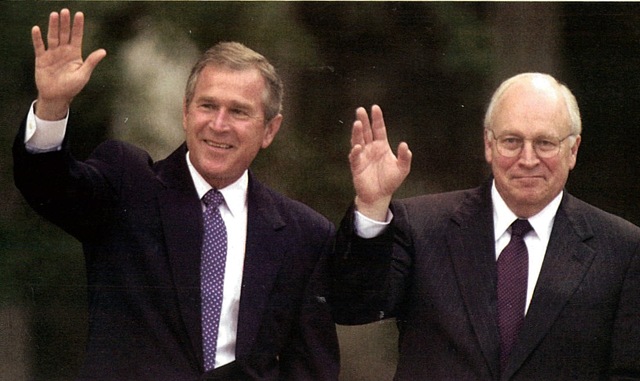







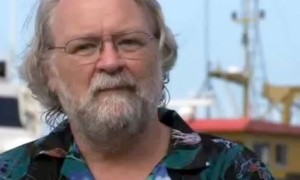
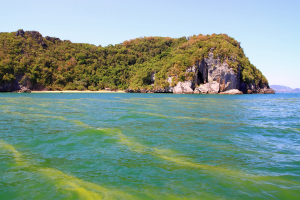

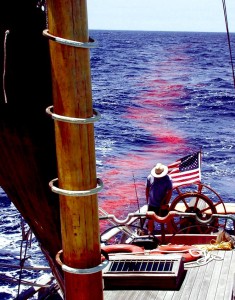
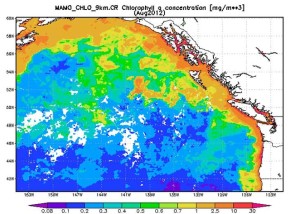
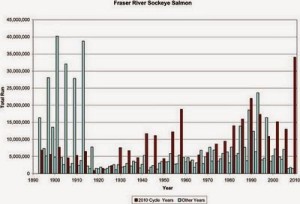 In the northeast Pacific Ocean, salmon catches more than quadrupled–from 50 million to 226 million–and in BC’s Fraser River, where catches only once exceeded 25 million, 72 million fish were caught.
In the northeast Pacific Ocean, salmon catches more than quadrupled–from 50 million to 226 million–and in BC’s Fraser River, where catches only once exceeded 25 million, 72 million fish were caught.